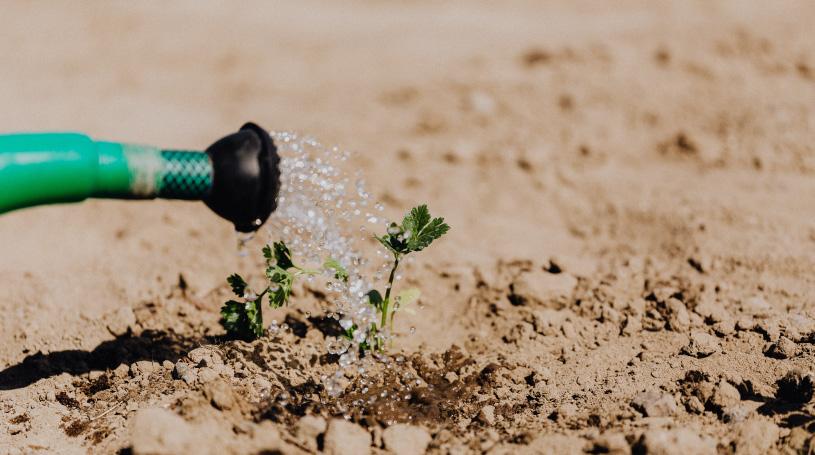New water licensing regulations could do more harm than good
A proposal to introduce race-based water licence proposal comes at the worst possible time for struggling commercial farmers already battered by interest rate hikes and load shedding.
The proposal comes amidst concerns about a lack of transformation within commercial agriculture. It also coincides with fears about dwindling employment opportunities in a sector buffeted by economic headwinds.
Water licences from the Department of Water and Sanitation could be subject to minimum black shareholding of up to 75%, according to media reports. The proposal reportedly also applies to the commercial forestry sector.
Agri SA says the proposal creates uncertainty, particularly in relation to farmers’ ability to access much-needed finance. Uncertainty around water access will undermine investor confidence.
Agriculture is a key sector in the Western Cape, employing around 200 000 people. The Province handles 53% of South Africa’s agricultural exports. The Province also punches above its weight in terms of overall contribution to national agricultural output – a 15% share. Horticultural production makes up almost half of gross farm income in the province.
Regulatory uncertainty adds further strain to a vital economic sector at a time when government should be rather seeking ways to create jobs. We are also mindful of the need to invest in food production; under-investment in this sector could lead to food shortages and associated social unrest.
While we as private business support measures aimed at promoting transformation, it is imperative these measures do not inflict more pain on the constituencies most in need of assistance. In this regard we urge all stakeholders to prioritise dialogue and engagement with a view to accelerating meaningful transformation that adds to the sector’s success. We need to ensure the sector grows and remains viable, in everybody’s best interests.
Jacques Moolman
President of the Cape Chamber of Commerce & Industry

